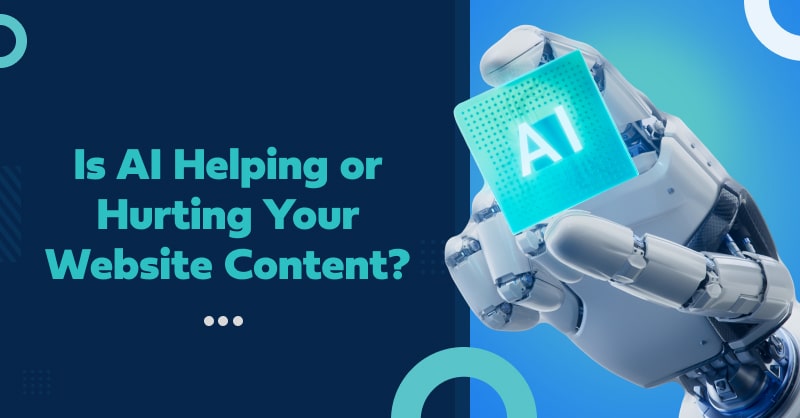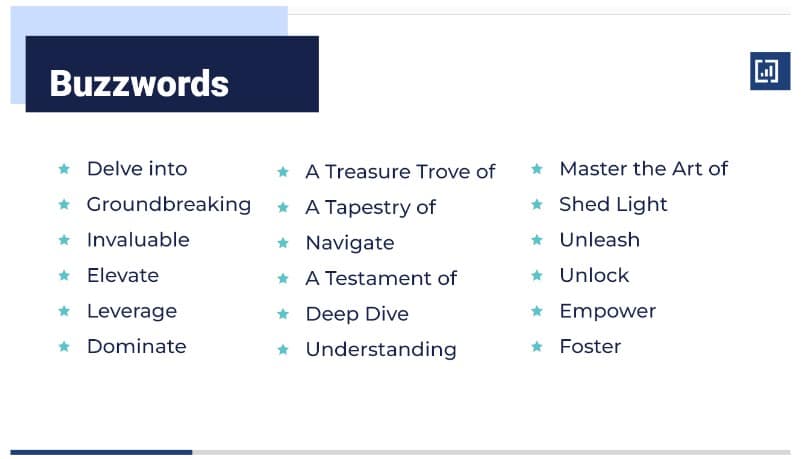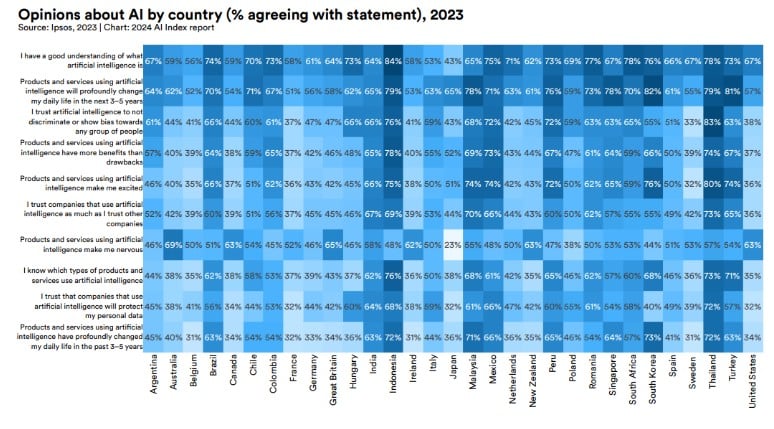
Since the wave of AI technology, there are many models on the market that are capable of mass-producing written, legal content for websites and blogs. As a law firm owner, it can be difficult to know whether or not AI-generated content is something your firm should be using or avoiding. In this blog, we cover myths and misconceptions surrounding AI content.
Spoiler alert! There are pros and cons to AI tech in regards to legal content.
The Appeal of AI-Generated Legal Content
⏰Time-saving
🗓️24/7 Availability
💰Cost Effective
At first glance, AI writing may appear to be very good. It can be difficult to distinguish from a typical human writer to the untrained eye. It is undoubtedly a time-saving tool that assists in outlining drafting pages and blogs. The level of output and AI can push out and comparison to a human is quite hefty.
Not to mention it is available 24/7 so when something comes up after working hours, you can consult a robot very easily. It is time-saving and cost-effective. However, these benefits do not come without concerns.
Drawbacks of AI-Generated Legal Content
🎭Inauthentic
🔁Repetitive
🤥 Factual Accuracy
When we talk about AI and authenticity, we can’t forget the Gemini ad that recently sparked controversy among viewers during the Olympic Games. The now-pulled advertisement showed a father teaching his daughter how to write a letter to an Olympian telling them how inspiring they are.
Many called it tone-deaf, commenting that it misses the mark of fostering meaningful connections between humans. Recipients of fan mail don’t want a perfect letter. They want the charm of a child’s letter. Similarly, when website visitors come to your page they want to see an authentic insight into your firm.
Repetition is another drawback to using AI for content. It is known to paraphrase itself frequently and can say a lot without really saying anything at all. The American Bar Association has also recently released a formal onion on AI usage.
Possibly the most concerning red flag to watch for with AI usage is factual accuracy. At the beginning of the AI craze, outdated information was a common output. However, AI making up stats and inaccurate facts is another huge issue. A human reviewer is required to avoid these pitfalls.
How do I know if my vendors are using AI?
These methods are not 100% accurate, however, these tools and tells are a few ways to know if your content teams are using AI.
- Ask them!
- AI Content Detectors like Copyleaks.com
- Placeholder Text – [insert name here] type text
- Lack of proper sources cited for facts or statistics
- Repetitive phrases and excessive use of buzzwords
Find buzzwords commonly used in AI-generated content below. It’s important to note that these phrases and words alone are not cause for alarm, however, multiple uses in instances where they might not make sense paired with other red flags may mean you want to take a closer look at your content.

AI Myths
Myth number one – AI can replace employees.
Humans fear change – it’s natural. And with these technological advances many fear for their jobs. AI is not a solution for every problem, but it can be a great support tool.
Here are a few reasons why AI cannot fully replace an employee:
- AI lacks emotional intelligence.
- Facts must be thoroughly checked.
- Ideation does not equal creativity.
- AI needs someone to pilot it.
- It is limited to a specific source of data.
Instead of asking, how can I replace someone with AI? Ask how can I learn skills with AI or train my employees to more effectively do their job and free up their time to focus on tasks that require a higher level of expertise?
Myth number two – All AI usage is bad.
There are extreme opinions on both sides of the AI usage fence, and while it should be used with caution, there are several helpful uses for AI in legal content.
Some practical uses include:
- Ideation
- Grammar checks
- Rephrasing sentences
- Structure
- Consistent tone
- Summaries
Myth number three – I can use AI to create content for my entire website.
In a survey that Forbes conducted asking if people can tell whether content has been written by AI–more than 50% said yes. Many people feel that if someone did not take the time to personally create the content why should they the reader take the time to read it?
Clients assume website content is written by your law firm and the attorneys. By relying too heavily on AI it can undermine authenticity and the trust being placed in you.
Some other risks to publishing unedited AI content include that it is easily identifiable, it has the potential to rank poorly in search, it can be littered with offputting buzz words, and any factual mistakes could put your reputation at stake.
The Future of Legal Content: Balancing AI and Human Expertise

A statistic we urge attorneys to consider – “I trust companies that use AI to protect my personal data” Only 32% of Americans do.
Using AI as a support tool for your business has its benefits, but it’s important to remember you are marketing to humans who want connections with other humans. A robot will never know your business as well as you do.
Contact Consultwebs to speak about your legal content needs today!




